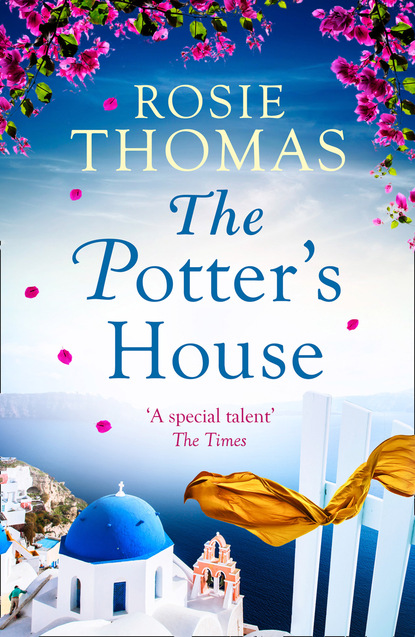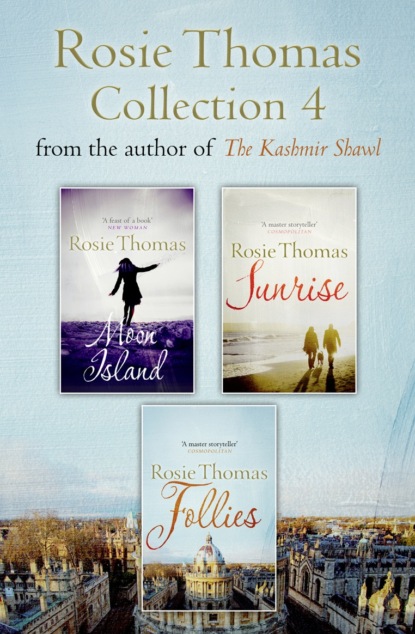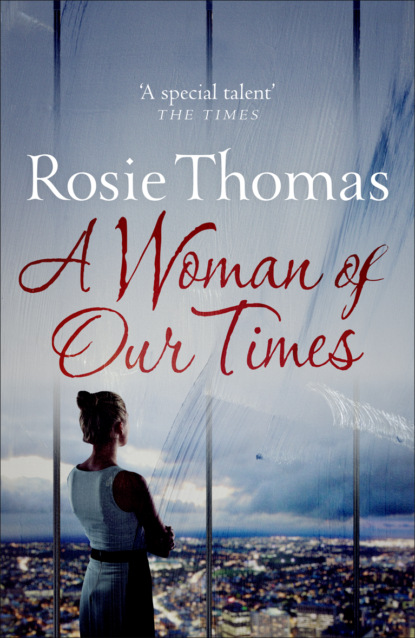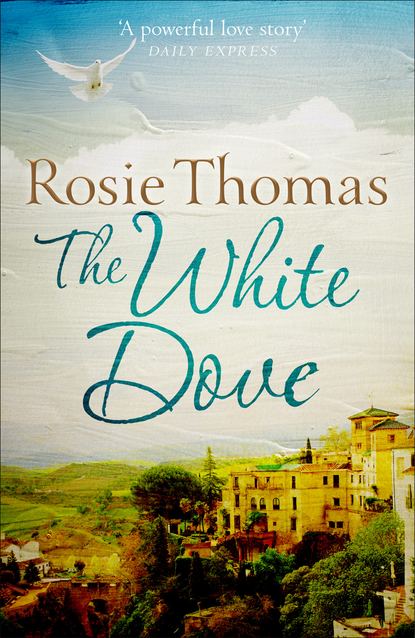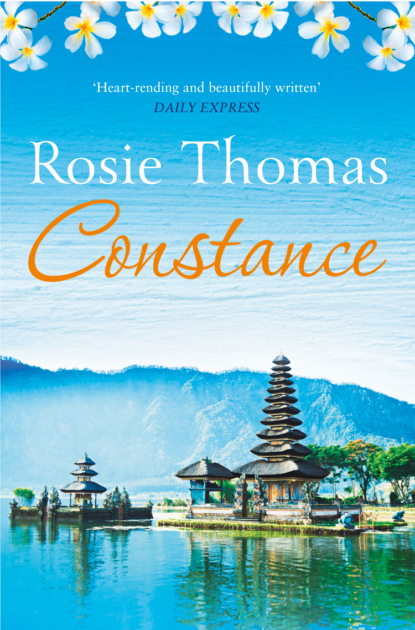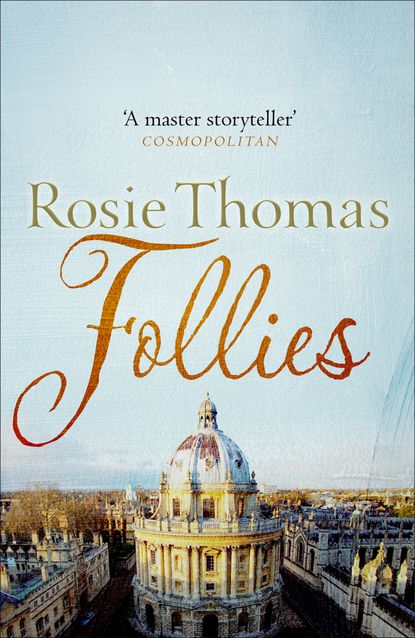Войти
Популярные жанры:
- Популярные жанры:
- любовные романы
- фэнтези
- учебная и научная литература
- современная русская литература
- современные любовные романы
- современная зарубежная литература
- детективы
- об истории серьезно
- приключения
- книги о приключениях
- ужасы / мистика
- учебники и пособия для вузов
- cтихи, поэзия
- Еще жанры
- книги по психологии
- стихи и поэзия
- гуманитарные и общественные науки
- русская классика
- мистика
- боевики, остросюжетная литература
- публицистическая литература
- любовное фэнтези
- биографии и мемуары
- эротика и секс
- современные детективы
- короткие любовные романы
- сказки
- попаданцы
- литература 19 века
- научная фантастика
- юмористическая литература
- саморазвитие / личностный рост
- культура и искусство
- медицина и здоровье
- триллеры
- публицистика
- историческая научная и учебная литература
- журналы
- зарубежная классика
- историческая литература
- героическое фэнтези
- технические науки
- научно-популярная литература
- боевая фантастика
- эротические романы
- русское фэнтези
- зарубежная деловая литература
- прочая образовательная литература
- остросюжетные любовные романы
- боевое фэнтези
- зарубежные любовные романы
 Текст
Текст Добавить В библиотеку
5
Поделиться
Полная версия
- О книге
- Читать
Другие книги автора:
Популярные книги

